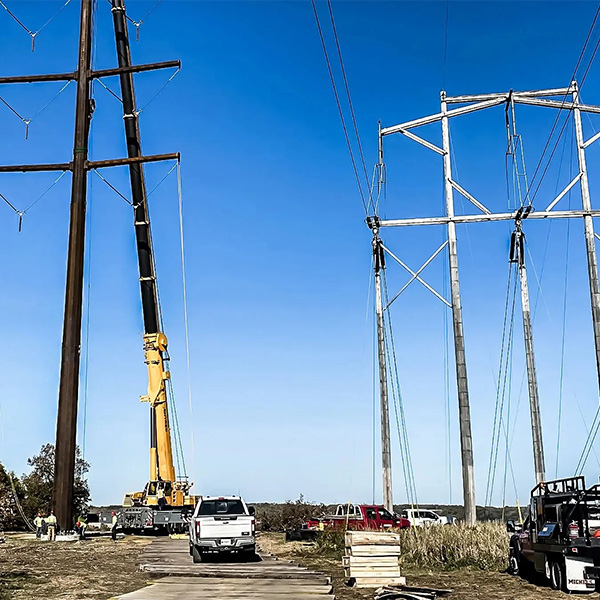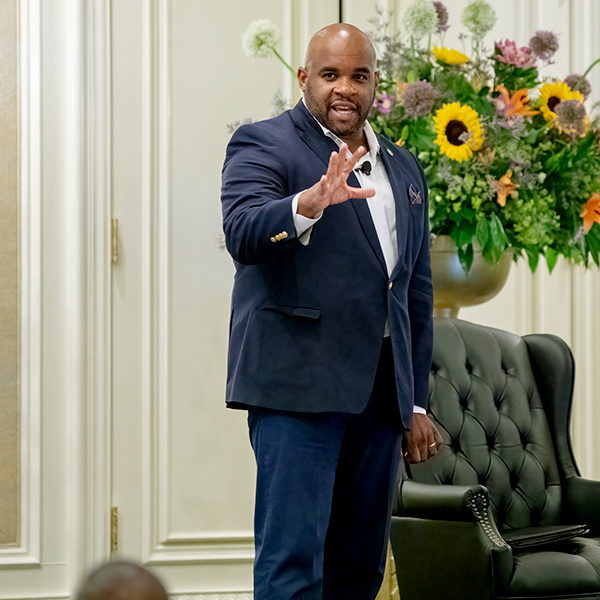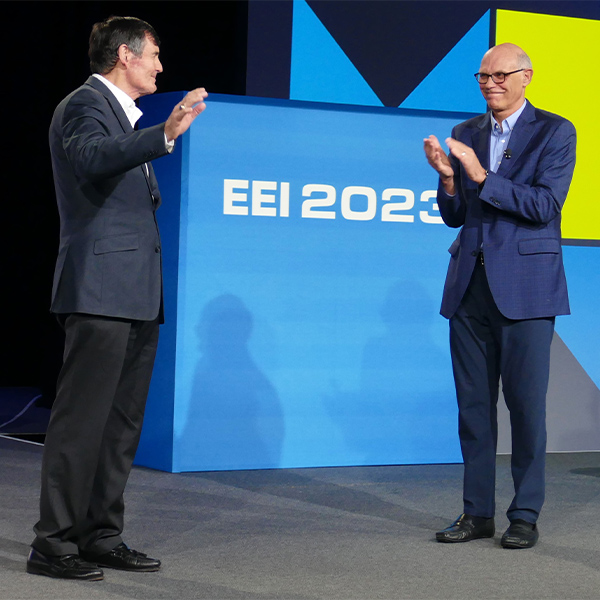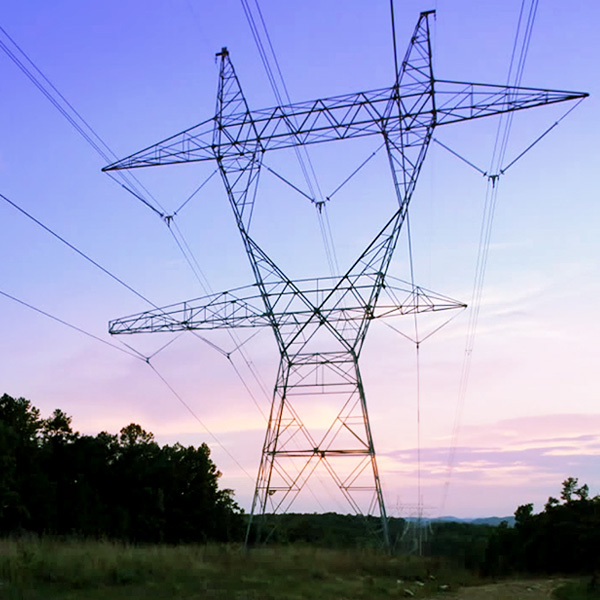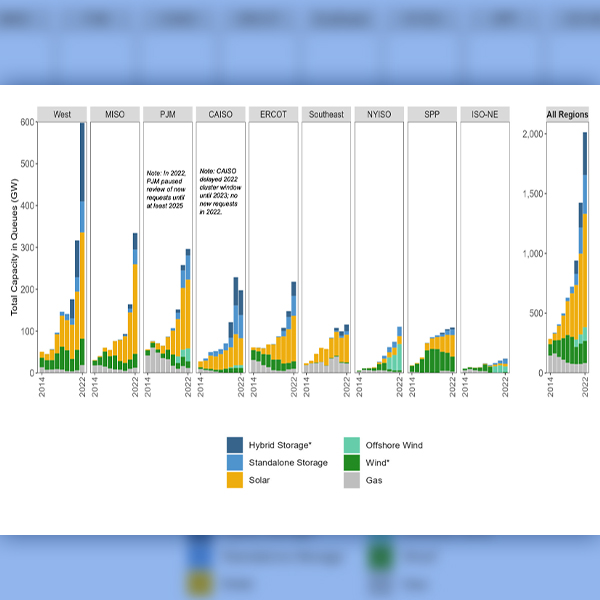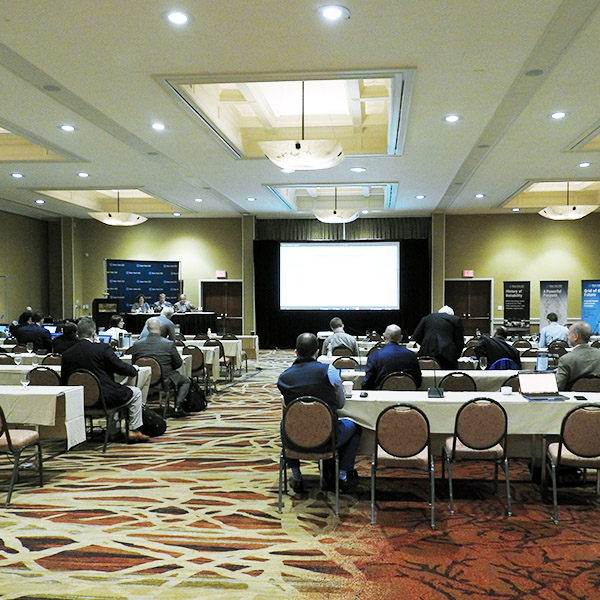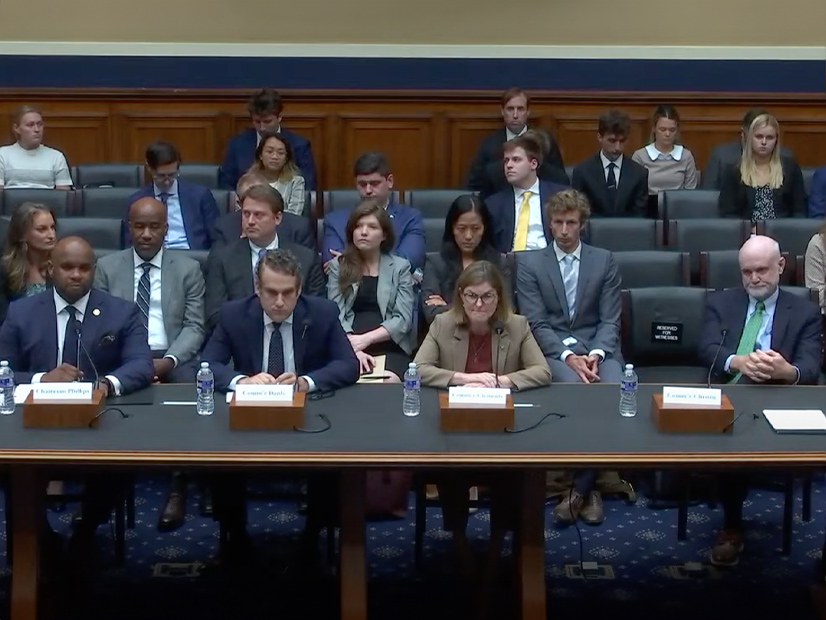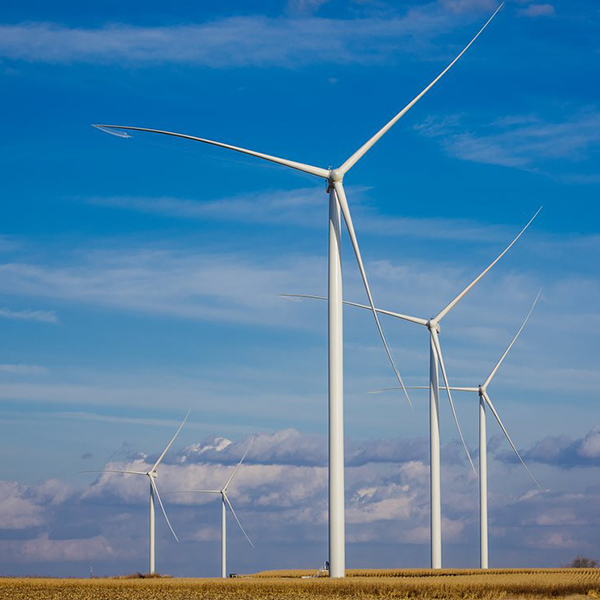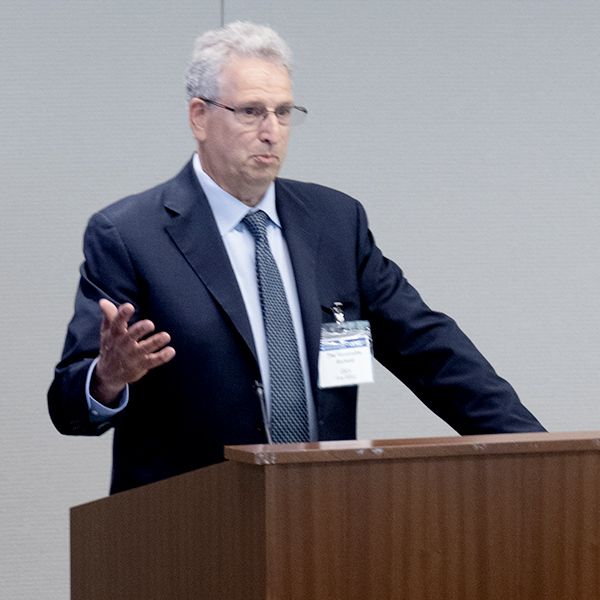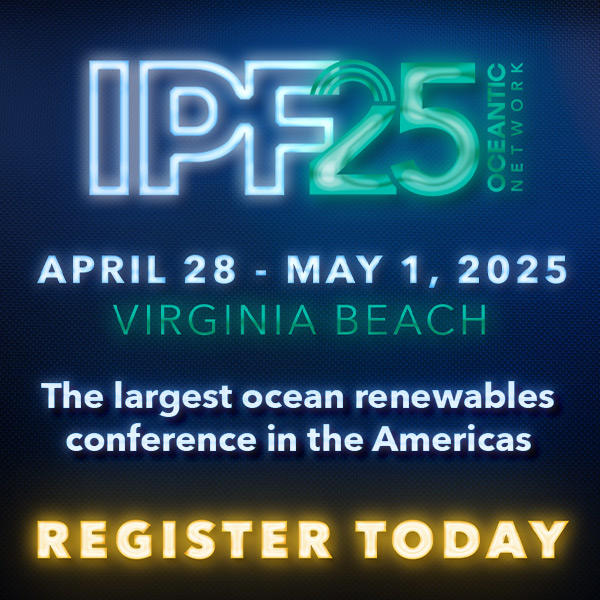FERC & Federal
The Federal Energy Regulatory Commission is an independent regulatory agency that oversees the transmission of electricity, natural gas and oil in interstate commerce, as well as regulating hydroelectric dams and natural gas facilities.
FERC approved Northern Indiana Public Service Company’s request for transmission incentives on two lines it is building under the MISO Transmission Expansion Plan.
NAESB is wrapping up a process to develop recommendations to improve coordination between the natural gas and electric industries, which needs to be improved after it contributed to recent cold weather reliability events.
Current or former FERC commissioners shared their views on the future of RTOs and the relationship between state and federal regulators.
The clean energy transition, the technology and funding to make it happen, were the focus of the Edison Electric Institute’s annual forum.
FERC issued orders directing transmission providers to clarify their timelines for calculating and submitting ambient-adjusted line ratings under Order 881.
At Infocast’s Transmission & Interconnection Summit, experts said interconnection requests continue to grow and grid operators have tried to keep pace.
NYISO stakeholders will vote July 26 on whether a new study should be conducted to evaluate the cost allocation between transmission withdrawals and injections.
FERC’s two Republican commissioners told members of Congress on Tuesday that the U.S. is heading toward a reliability crisis driven by the rapid retirements of dispatchable fossil fuel-fired generators.
In a June 5 response to FERC, MISO defended its plan to bar renewable energy from supplying ramping reserves.
Permitting provisions in the recent debt deal weaken the "momentum" for increased FERC transmission siting authority, says former FERC Chair Richard Glick.
Want more? Advanced Search
